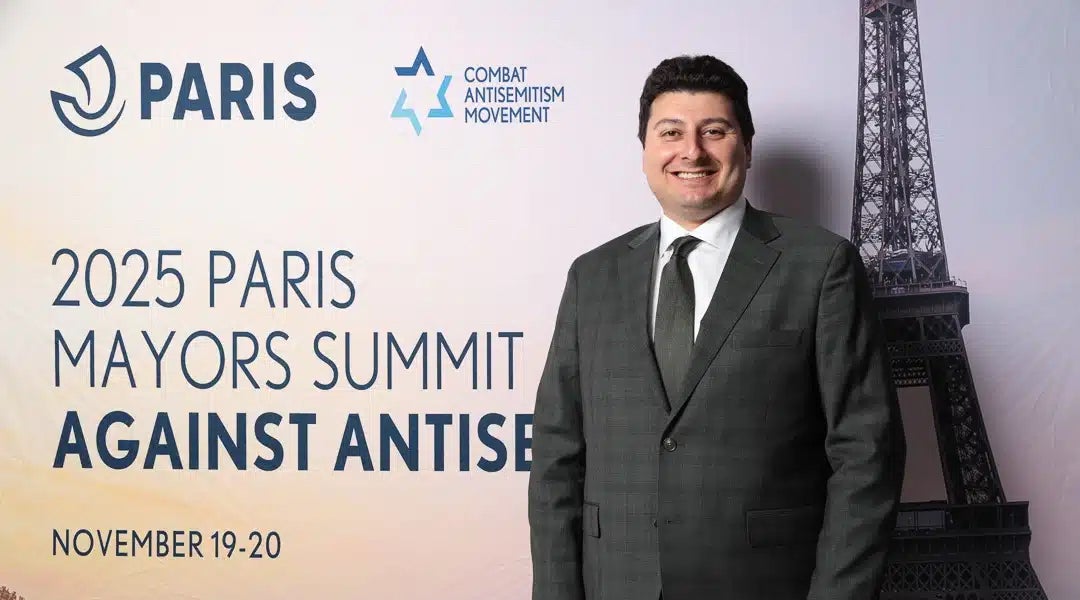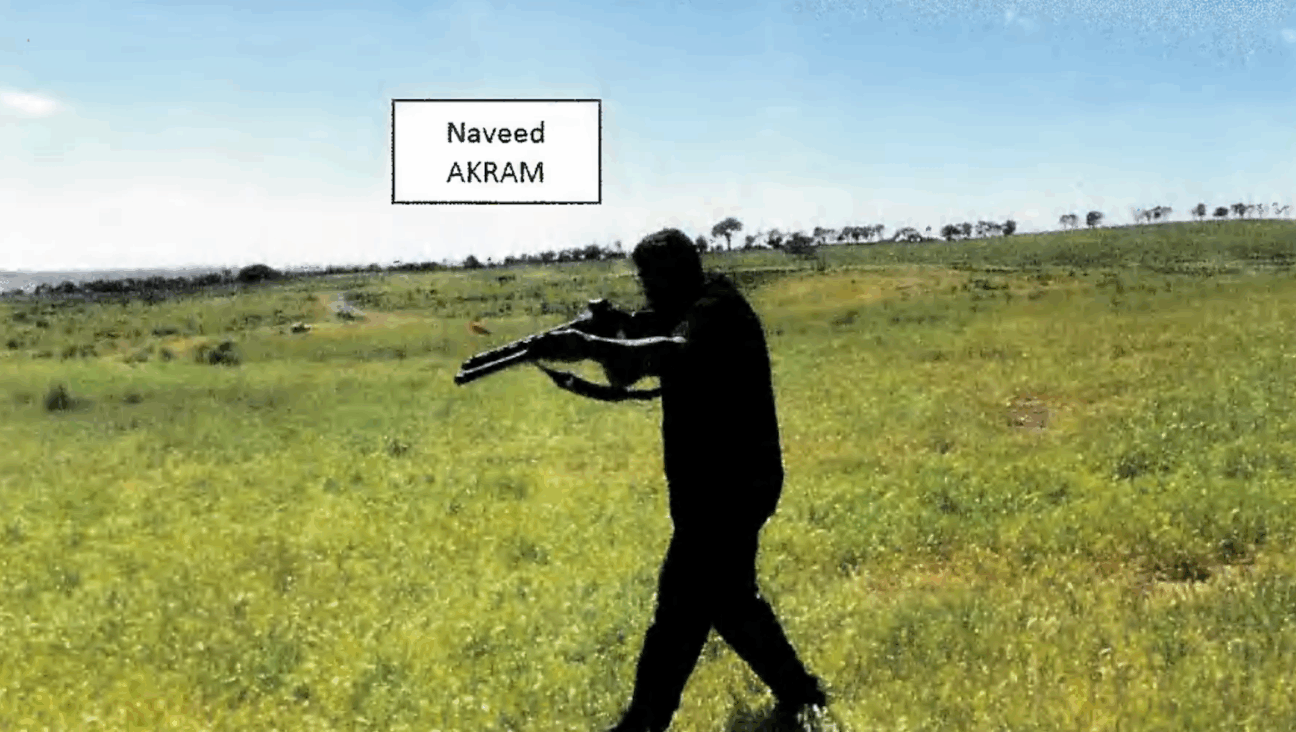Hamptons Eruv Passes Key Legal Hurdle

Graphic by Angelie Zaslavsky
A federal judge has removed a major legal roadblock to the construction of a controversial eruv religious boundary in Long Island’s tony East End.
In a June 17 ruling, U.S. District Court Magistrate Judge Kathleen Tomlinson ruled that religious boundary markers, or “lechis,” may be placed on telephone poles in Westhampton Beach to create an eruv, a religious legal enclosure which allows Orthodox Jews to carry items on Shabbat.
The ruling is part of an ongoing legal battle between three Hamptons municipalities, Westhampton Beach, Quogue, and Southampton, which have sought to prevent the eruv from being built, and the East End Eruv Association, a local group of Orthodox Jews.
Robert Sugarman, who serves as the pro bono attorney for East End Eruv Association, called the ruling “significant” but said his group’s legal battles against the Long Island towns is not yet over.
The eruv has proved very divisive in the Hamptons, and has even drawn the ire of some Jewish residents. A activist group, Jewish People Opposed to the Eruv (JPOE), has fought the eruv’s construction for several years.
Sugarman said members of the group “come right out and blatantly say we don’t want any more Orthodox Jews in our town.”
Others, he said, are more muted in their opposition. “But what it really comes down to is they don’t want their villages and towns to change and they don’t want different people to be moving in,” he added.
Members of JPOE were not immediately available for comment.
The controversy has also drawn national media attention, and was featured in in a satirical clip aired on Jon Stewart’s “The Daily Show.”
In her ruling, the judge granted two utilities, Verizon New York and the Long Island Lighting Company (LIPA), authority to allow the eruv association to build an eruv on local telephone poles in Westhampton Beach. Legal efforts continue against the nearby Quogue and Southampton municipalities.
The eruv association is now allowed to install the lechis, which are thin strips of PVC plastic that can be affixed to telephone poles to make them a symbolic part of the eruv.
Sugarman said the group has no plans to build an eruv in Westhampton Beach until the judge has ruled on whether the eruv’s erection would violate the establishment clause of the Constitution, which provides for the separation of church and state.














